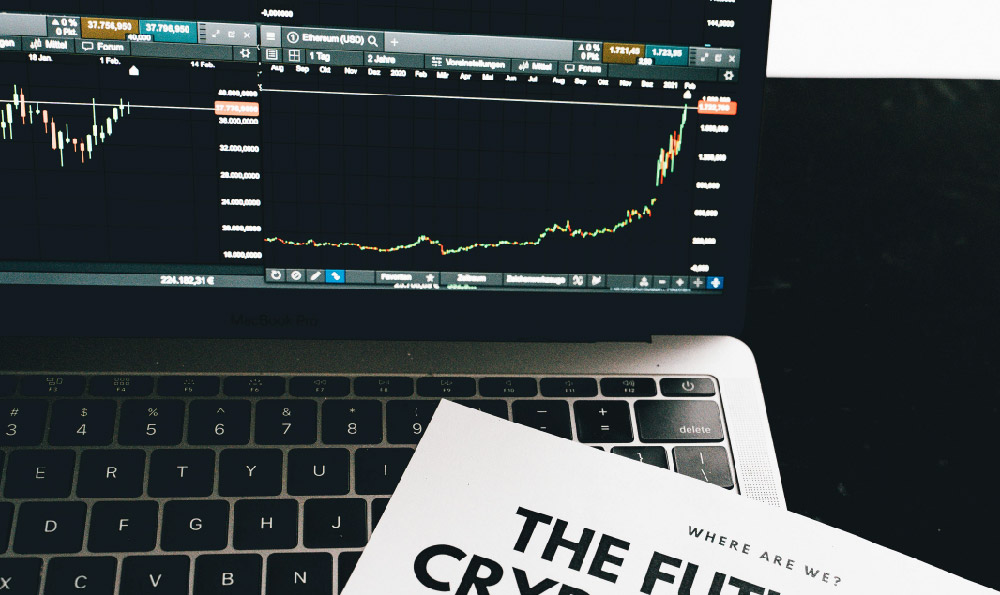Mobile homes, also known as manufactured homes, often present themselves as an affordable housing option, particularly in a market where traditional real estate prices are soaring. But are they truly a smart investment, offering solid returns and financial security, or are they a risky gamble that could leave you with more trouble than it's worth? The answer, as with most investment decisions, is nuanced and depends heavily on individual circumstances, financial goals, and a thorough understanding of the specific market dynamics.
The Allure of Affordability and Accessibility
The primary draw of mobile homes lies in their relative affordability. Compared to site-built homes, manufactured homes typically have a lower purchase price, making homeownership accessible to individuals and families who might otherwise be priced out of the market. This accessibility can be particularly appealing to first-time homebuyers, retirees on a fixed income, or those seeking a more flexible and mobile lifestyle. Furthermore, the streamlined construction process often translates to quicker occupancy, eliminating the lengthy delays associated with traditional home building. This allows investors to potentially generate rental income or realize capital appreciation sooner.

Understanding the Depreciation Factor
However, the affordability advantage is often counterbalanced by a critical factor: depreciation. Unlike traditional homes that typically appreciate in value over time, mobile homes, particularly those situated in mobile home parks, tend to depreciate. This is because they are legally classified as personal property in many states, similar to vehicles, rather than real estate. As such, they are subject to depreciation due to wear and tear, obsolescence, and market perceptions. This depreciation can significantly impact the long-term investment potential, potentially eroding equity and limiting resale value.
Land Ownership: A Crucial Distinguishing Factor
The key to mitigating the depreciation risk lies in land ownership. Owning the land beneath the mobile home fundamentally transforms the investment proposition. When the mobile home is permanently affixed to land that you own, it is typically reclassified as real property. This reclassification opens the door to potential appreciation, as the value is now tied to the land itself, which is more likely to appreciate than the manufactured home structure. In this scenario, the mobile home becomes more akin to a traditional stick-built home, and the investment can be viewed with a more optimistic long-term perspective.
Evaluating the Mobile Home Park Scenario
Investing in a mobile home within a mobile home park presents a different set of considerations. While the initial investment might be lower, you are essentially leasing the land on which your home sits. This lease typically involves monthly lot rent, which can fluctuate over time, impacting your overall cost of ownership. Moreover, the value of your mobile home is heavily influenced by the park's management, amenities, and overall condition. A well-maintained and desirable park will likely command higher resale values, while a poorly managed park can negatively impact your investment. It's crucial to thoroughly research the park's reputation, management policies, and financial stability before making a purchase.
Due Diligence and Market Research are Paramount
Regardless of whether you are considering purchasing a mobile home with or without land, thorough due diligence is essential. This includes inspecting the mobile home for any structural issues, verifying its compliance with local building codes, and assessing the condition of its major systems (plumbing, electrical, HVAC). It's also crucial to conduct extensive market research to understand the local real estate trends, demand for mobile homes, and prevailing rental rates. This research will help you determine the potential for appreciation or rental income and assess the overall investment viability.
Financing Considerations and Insurance Implications
Financing a mobile home can also present unique challenges. Lenders often view mobile homes as riskier investments than traditional homes, which can result in higher interest rates and stricter lending requirements. Furthermore, securing insurance for a mobile home can be more complex and potentially more expensive than insuring a traditional home. It's crucial to shop around for the best financing and insurance options to minimize your overall costs and protect your investment.
The Rental Income Potential
Mobile homes can offer attractive rental income potential, particularly in areas with limited affordable housing options. By renting out a mobile home, either with or without land, you can generate a consistent stream of revenue that can help offset your mortgage payments and other expenses. However, managing rental properties requires time, effort, and a thorough understanding of landlord-tenant laws. You'll need to screen tenants, handle maintenance requests, and ensure compliance with all applicable regulations.
Strategic Investment or Risky Gamble?
Ultimately, the decision of whether a mobile home is a smart investment or a risky gamble depends on your individual circumstances, risk tolerance, and investment goals. If you are seeking an affordable housing option and are willing to accept the potential for depreciation, a mobile home in a well-managed park might be a suitable choice. However, if you are looking for long-term appreciation and are willing to invest in land ownership, a mobile home permanently affixed to your own land could offer a more promising investment opportunity. Careful planning, thorough due diligence, and a realistic understanding of the market are essential to making an informed decision and maximizing your chances of success. Consider consulting with a financial advisor or real estate professional to gain personalized guidance tailored to your specific situation. Remember, knowledge is power, and a well-informed decision is the best defense against investment risks.












